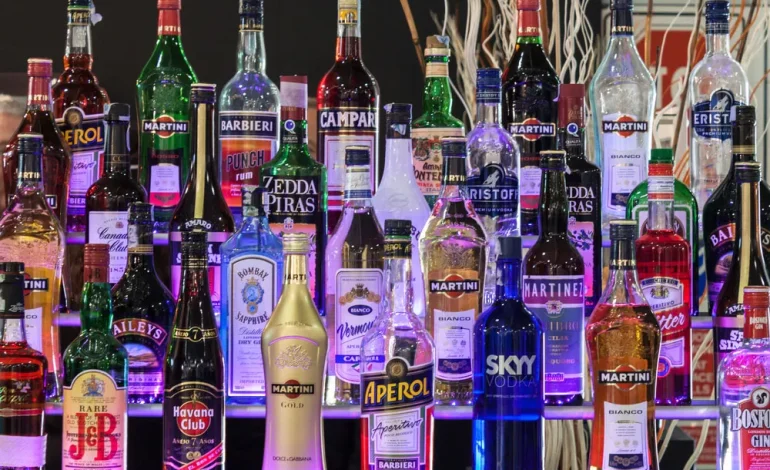Is There a Safer Type of Alcohol?

Many people are aware that alcohol consumption carries health risks, but for those who choose to drink occasionally, the question often arises: are some types of alcohol less harmful than others?
Contrary to common beliefs—such as the idea that red wine is healthier than beer or spirits, or that clear liquors like vodka and gin are safer than darker ones like whiskey or rum—experts emphasize that all alcoholic drinks pose similar health risks.
“Alcohol is alcohol,” says Jürgen Rehm, a senior scientist at the Centre for Addiction and Mental Health in Toronto.
According to Rehm, drinking any kind of alcohol, in any quantity, negatively impacts health.
The harm from alcohol mainly comes from the ethanol it contains, which the body metabolizes into acetaldehyde, a toxic substance that can damage DNA. This damage increases the risk of developing cancers, including those of the mouth, throat, liver, colon, and breasts. Katherine Keyes, a professor of epidemiology at Columbia University, notes that alcohol consumption is linked to at least seven types of cancer. Beyond cancer, excessive alcohol use is associated with a range of other health problems such as heart and liver disease, depression, anxiety, and cognitive issues.
The level of ethanol in a drink, often measured as alcohol by volume (A.B.V.), plays a significant role in how harmful it may be. For example, a 12-ounce beer at 4% A.B.V. contains less ethanol than one at 8% A.B.V. Generally, beer contains less ethanol per ounce than wine, and wine less than distilled spirits like vodka or tequila. However, variations exist within each category, with some strong beers having higher A.B.V.s than certain wines or even liquors.
Experts suggest that if you choose to drink, opting for beverages with lower A.B.V. and monitoring your intake can help reduce harm. Dr. Peng-Sheng (Brian) Ting of Tulane University advises sticking to wine or beer in social settings where it is easier to gauge ethanol consumption, since cocktails often combine different alcohols and mixers, complicating the calculation.
Caloric content is another consideration. Alcoholic drinks can be high in calories, and mixers like sugary sodas or juices may increase the risk of weight gain, obesity, and related health conditions such as Type 2 diabetes and heart disease. Additionally, drinks mixed with caffeine, such as espresso martinis or vodka Red Bulls, may mask intoxication levels, potentially leading to greater alcohol consumption and increased risks.
While there is no strong evidence that darker liquors are inherently more harmful than clear ones, some research indicates they may cause more severe hangovers. Darker spirits like bourbon, rum, and brandy often contain higher levels of congeners—byproducts of fermentation that contribute to flavor and color—which may intensify hangover symptoms. However, this is not a hard rule, as certain clear spirits such as some tequilas can also be high in congeners.
With input from the New York Times.









The latest news in your social feeds
Subscribe to our social media platforms to stay tuned